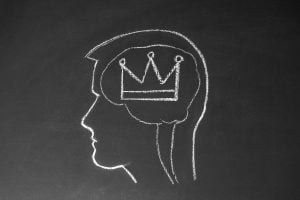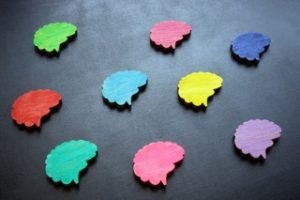
What Is Disenfranchised Grief?
We all have different ways of grieving, but what happens when a loss is not openly acknowledged? Many people experience disenfranchised grief when their grieving
Fiona Yassin is the International Program Director at The Wave, holding multiple credentials including being a registered Psychotherapist and Accredited Clinical Supervisor in both the U.K. and UNCG (Registration number #361609 National and International Council of Psychotherapists). She is EMDR trained (EMDRIA) and practices as a Trauma therapist (Registration number #10000054651).
Fiona’s expertise includes being a member of the International Chapter of IAEDP, with training in CBTe (Oxford Group), FREED (King’s College, London), TF-CBT, RO-DBT, and GPM. Her specializations cover the treatment of Eating Disorders and Borderline Personality Disorder, as well as families in High Conflict Divorces and Psychiatry across the female lifespan.
Additionally, Fiona holds the distinction of being a Fellow of APPCH, a senior accredited Addiction Professional, and a member of The Association of Child Protection Professionals. She is also trained in MBT (Child and Family and Adult) and Reflective Parenting with The Anna Freud Centre for Children and Families, and is a Member of The Australia and New Zealand Eating Disorders Association.
Fiona holds an MSc in Neuroscience and Mental Health awarded by King’s College London, where she received The Dean’s Award. She is currently completing an MSc in Psychiatry at Cardiff University Medical School and is a PhD Candidate in Mental Health Research at Lancaster University. Outside of her professional pursuits, she enjoys spending time with her three cats, going for long walks on the beach, and appreciating the beautiful animals in her garden.

We all have different ways of grieving, but what happens when a loss is not openly acknowledged? Many people experience disenfranchised grief when their grieving

Narcissism is a typical human trait that is inherent in every person. It’s the desire to feel good about ourselves and to be recognised by

Attention-deficit hyperactivity disorder (ADHD) is one of the most prevalent childhood neurodevelopmental conditions. It is frequently diagnosed for the first time at a young age

If your child or teen is experiencing loss, you can help them to understand it, sit with it and most of all, make peace with it.

What Is ARFID? The eating disorder or feeding disturbance known as avoidant restrictive food intake disorder (ARFID) is a chronic inability to achieve adequate nutritional

At some stage in our life every single one of us will have trouble sleeping. Sleeping is food for the soul, it nourishes, it keeps

The word neurodiversity is frequently used nowadays, with more children and teenagers using it to define themselves. However, what does the term “neurodiverse” actually mean, and where

Borderline personality disorder (BPD) splitting affects how someone responds to certain stimuli. It can affect how you view the world and cause extreme emotional fluctuations.

Bipolar disorder is one of the most poorly understood mental health disorders. Research has found that people with bipolar disorder are also at increased risk

Mental health disorders among teens are common. According to the World Health Organisation, about 1 in 7 teenagers experience mental health problems worldwide. Despite this, awareness about

Despite the prevalence of teen drug use in the UAE, widespread prevention strategies are still lacking. Both adolescents and experts highlight the need for school-based prevention programs and parental support to help young people stay safe and identify and support young people who may be using substances harmfully.

In this blog, we offer some information about the impact of compulsive sexual behaviours on children and the family system as a whole. We outline The Wave Clinic’s pioneering family and child intensives that offer unique and valuable support for young people affected by sex addiction.

Dialectical behavioural therapy is a type of talking therapy originally designed for adults with borderline personality disorder. Since then, it has been adapted for treatment among adolescents and offered for a wide range of mental health concerns, including eating disorders, self-harm, and emotional dysregulation. Usually delivered in outpatient settings, studies have shown that DBT is highly effective in improving young people’s mental health symptoms and quality of life.








Have any questions or want to get started with the admissions process? Fill in the form below and we’ll get back to you as soon as possible.